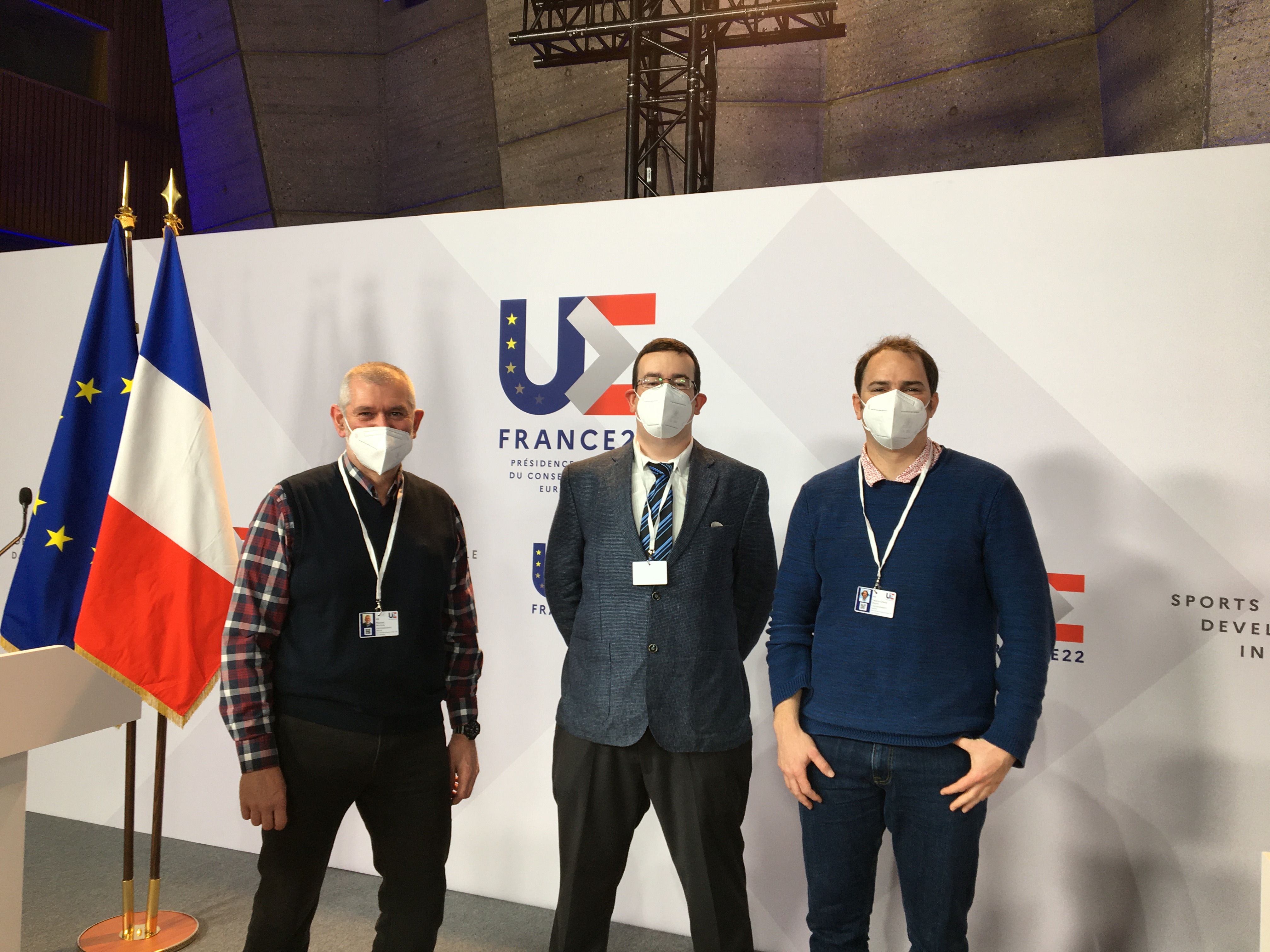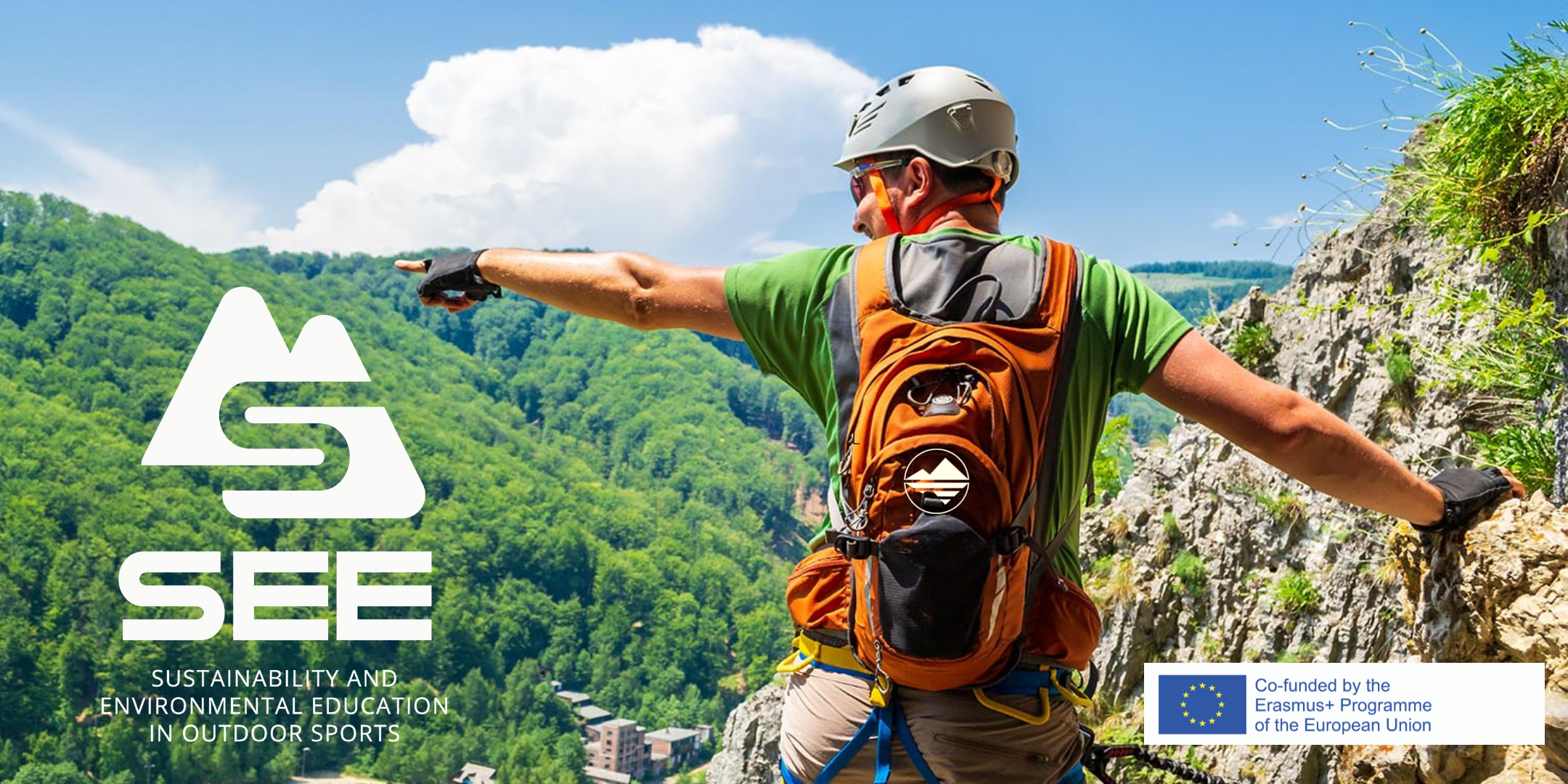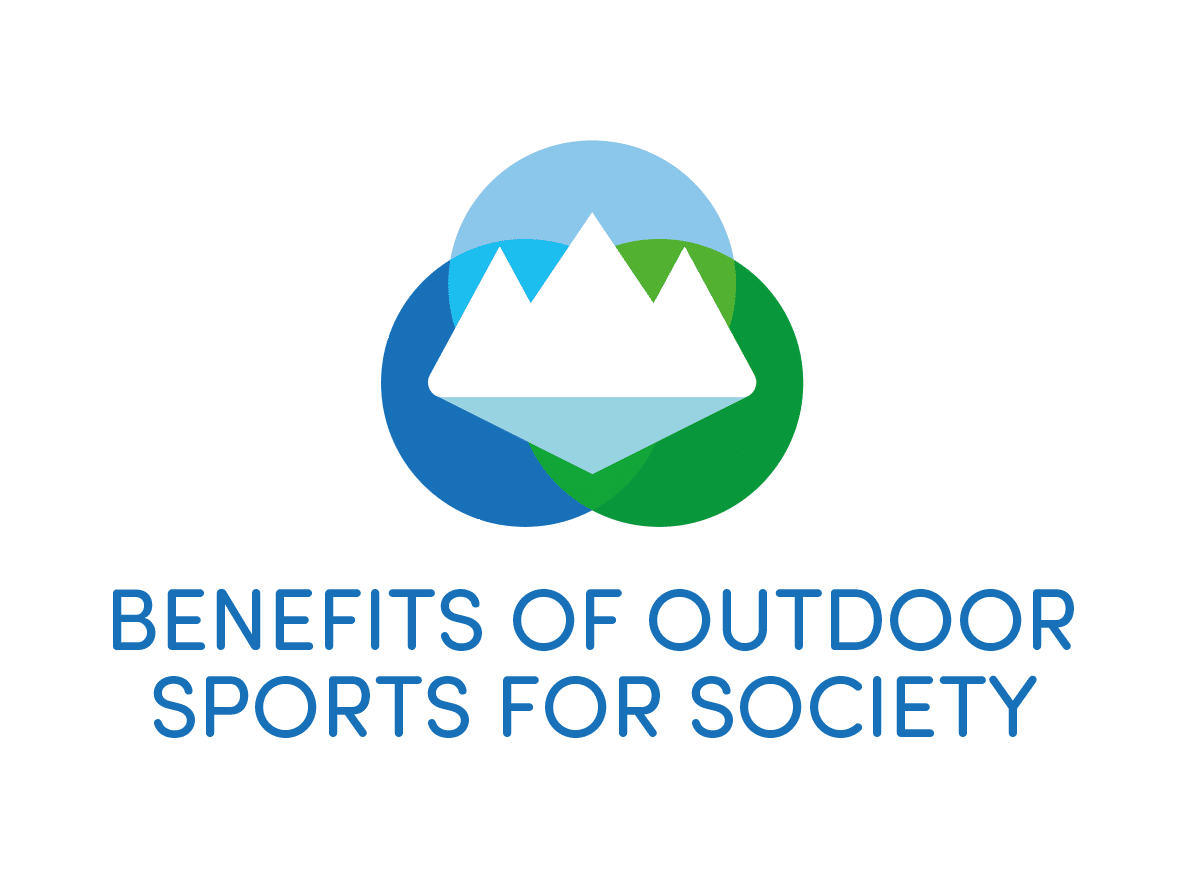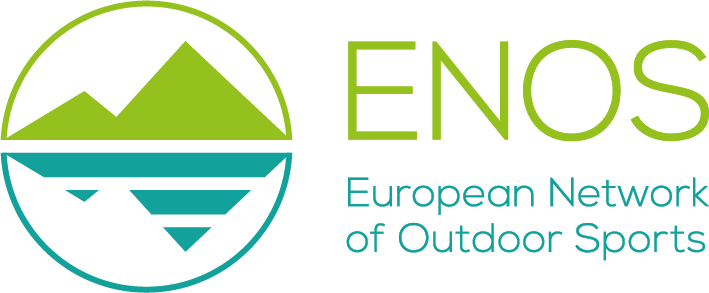The event was held at UNESCO headquarters in Paris but only speakers were in person at the venue with the conference being broadcast live online via Zoom and social media. It can however be watched via the French Ministry of Sport website here. ENOS was represented directly by Mike McClure who tied the themes of the conference back to the findings from the BOSS project, the ENOS charter, the Manifesto for the outdoors as a result of Covid and the ENOS position on the European Green Deal. However, two of the member organisations of ENOS were also represented at the conference by Noel Doyle (Leave No Trace Ireland) and Ywann Dupré (Pays de la Loire Regional Olympic and Sports Committee). The opening speakers including the French Minister gave a very clear call for the importance of sport and physical activity for children and young people across Europe.

Sport and oneself
The first session focused on the issues of sport and oneself. The importance of developing physical literacy for children at a young age was reinforced and there is much work going on in this field across Europe. One of the speakers was from Finland and talked about the “Schools on the Move” project which a national action programme aiming to establish a physically active culture in Finnish comprehensive schools.
Outdoor sports can clearly contribute to this agenda and also benefit from it. Increasingly there are children and young people who when brought to terrain that is difficult and uneven struggle with basic agility, balance and co-ordination skills. Therefore encouraging adventurous and outdoor play can be really important for the development of the child in this regard. There is some very good work in the UK by organisations such as the National Trust on the development of “Natural Play” and there are some inspiring and challenging developments in Scandinavian countries on kindergartens with very adventurous opportunities and a very different approach to risk management. Giving our children the best start in life has to include being active in nature in a variety of settings and terrain. The BOSS project highlighted that physical literacy through nature based physical activity is not an “instead of” cognitive and academic work but rather enhances cognitive functioning, memory, motivation and concentration.
Sport and the relationship with others
The second session at the conference focused on the issue of sport and the relationship with others and again the BOSS project had highlighted clear evidence of how outdoor sports can help deliver on this agenda. Outdoor sports have positive impacts on interpersonal development including increased communication skills, cooperation and social interaction as well as the development of enhanced relationships, responsibility, empathy, engagement, social trust and better overall group cohesion.
A major focus of this part of the conference was on gender equality in sport (as well as other areas of inequalities). While participation levels by gender in outdoor sports appear to be relatively balanced, there is fairly clear but anecdotal evidence that this changes markedly when looking at numbers of leaders, guides and instructors in the sector. Number of females involved in positions of leadership on boards and management structures in federations tends to also be lower (and ENOS is no exception) and so there is much work to be done in this regard in outdoor sports.
Sport and environmental issues
The third session of the conference was on how sports can help with environmental issues. Both Noel and Ywann did sterling work to highlight how outdoor sports can connect people to the natural environment and increase a stronger sense of place and responsibility for it. Noel also highlighted the need to go beyond just connecting people to environmental issues but also to help develop to reawaken a relationship with the natural environment. Throughout this session there was a very strong focus on the positive effects that outdoor sports can develop in terms of environmental stewardship but also on how we ought to work collaboratively with other sports sectors on this topic. This is exactly what ENOS is striving to do through involvement in the Share Lab Initiative and the EU Sport Unit Expert group on Green Sports. The SEE project was also highlighted by Noel and how the outputs from this project will be of help to the sector.

The role of outdoor sports: the intervention of Mike McClure
In the fourth session, Mike McClure highlighted how the BOSS project related to these topics and that outdoor sports can be at the forefront of these topics. Further, he went on to highlight how we can move forward to give young people from all parts of society opportunities to be active in natural settings. Developing policy and spatial planning for both urban and rural communities will be essential and he highlighted ENOS’ call through the Green Deal for fundamental and radical changes in policy to create biodiversity rich areas and corridors that are also accessible for people. Everyone in Europe is connected by a road – he called delegates to imagine a Europe where everyone is connected by trails for walking, cycling, running and other sustainable forms of transport.

Dr João Breda, OMS Special Adviser of WHO/Europe highlighted that the upcoming generation will be the first generation in years where life expectancy is likely to be lower than the previous generation and this is due non communicable illnesses and conditions linked to inactivity. He also highlighted that on average, children are now sitting even more than adults. He agreed that radical and urgent change is needed to policy and all speakers on the panel were united in their view that this was an urgent hearts and minds issue.
There was much discussion in this group about the issues of childhood obesity and mental health problems and Mike also reinforced that there is a growing disconnect between children and nature and so developing policies and associated teacher training for schools and youth organisations that provide outdoor learning and development opportunities will be essential.
The final panel included the head of the EU Sport Unit and the head of Sport from UNESCO and they highlighted the opportunities presented by funding and also how policy can be changed. Iva Glibo was also on this panel representing ENGSO Youth and gave a very clear call to ensure that young people themselves are listened to in this regard. Overall the conference provided some very clear messages regarding the power of sport (and in our case, especially outdoor sports) to help to deliver on a number the UN Sustainable Development Goals and improve the lives of children and young people in Europe. The speakers were of high quality and the Minister in her summing up highlighted how the French Presidency of the EU will try to continue to keep these urgent issues alive.

